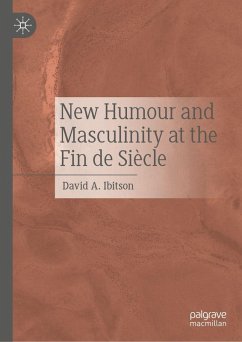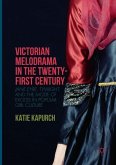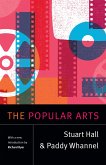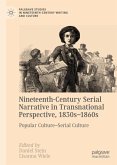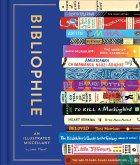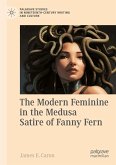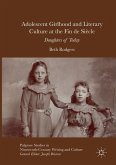This book explores the popular writing of the New Humourists and their vital engagement with late Victorian conceptions of manliness. Accused by their critics of lowness and inconsequentiality, these works act as literary mediations of a lower middle-class urban masculinity, revolving around ideas of office work, urban modernity, and adventure narratives. This will be situated in the context of white-collar work at the end of the century, and competing ideas of the urban man and mass. The book argues that a quartet of New Humour writers, Jerome K. Jerome, Israel Zangwill, Barry Pain, and Robert Barr, formed a coherent creative group whose fiction acknowledges and subverts stereotypes about clerks and urban enervation ,evokes and mocks ideas of adventure and imperial masculinity, and engages with the nature and function of humour. It looks at how ideas of mechanicality, from Henri Bergson, allow us to examine how humour articulates Victorian definitions and redefinitions of manliness. New Humour works as a crucial focal point for intersecting fin de siècle ideas of masculinity, class and national fitness. This work demonstrates that the literature of the New Humourists examines wider intersecting concerns clustering around ideas of masculinity. In doing so, this study complicates and re-defines how we should look at Victorian conceptions of gender and humour.
Bitte wählen Sie Ihr Anliegen aus.
Rechnungen
Retourenschein anfordern
Bestellstatus
Storno

